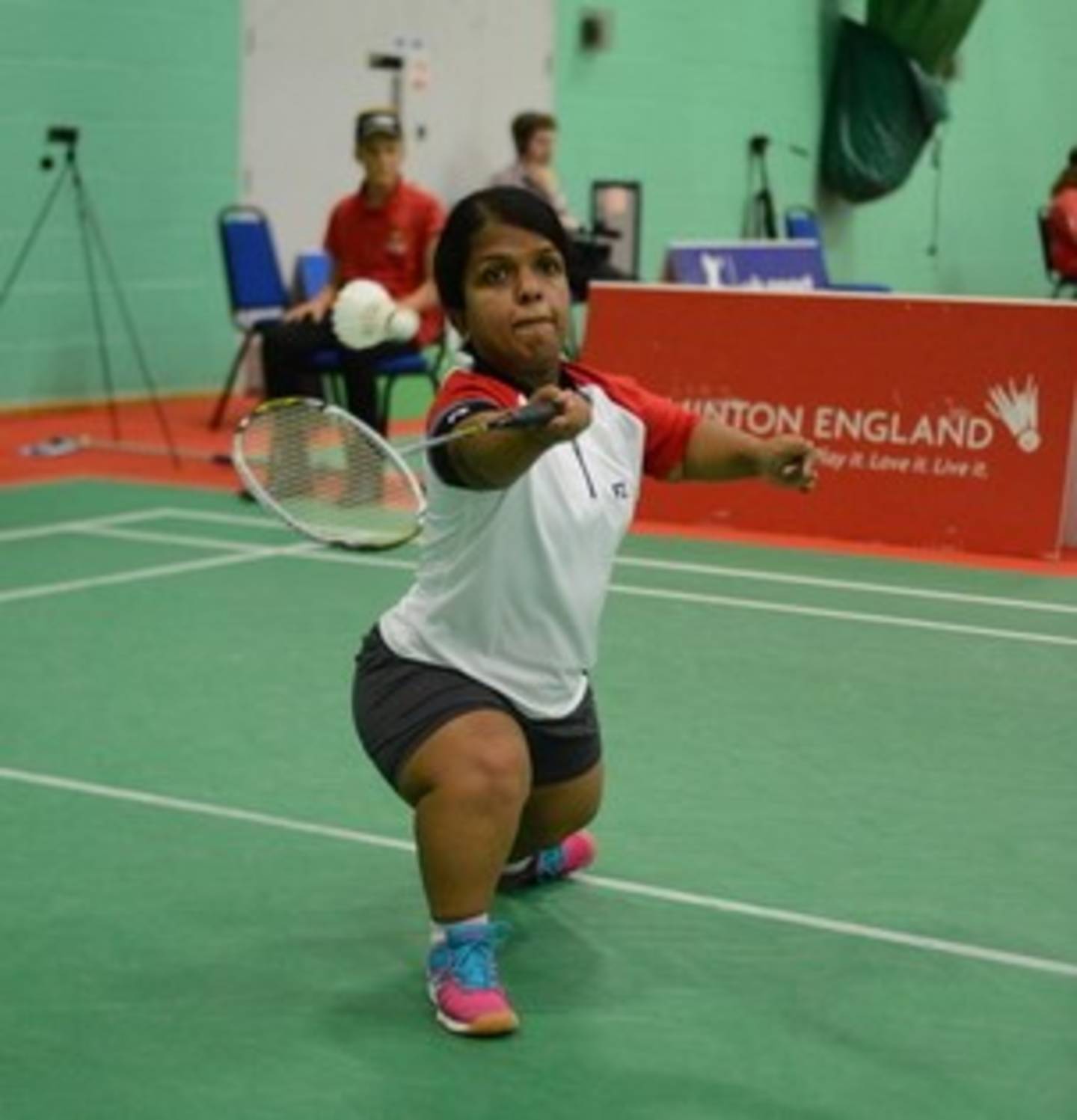
Badminton Players’ Sports Psychology Insights
Understanding the mental game behind badminton is crucial for players striving for excellence on the court. Delving into the realm of sports psychology unveils the intricate strategies that badminton players employ to enhance their performance and overcome challenges.
The Power of Visualization: Shaping Success in the Mind
At the core of a badminton player’s sports psychology toolkit is the power of visualization. Before stepping onto the court, players engage in mental rehearsals, vividly imagining successful plays, precise shots, and triumphant outcomes. This practice not only instills confidence but also enhances muscle memory, contributing to a heightened level of readiness when the game begins.
Focus and Concentration: Mastering the Present Moment
Sports psychology emphasizes the importance of focus and concentration, skills paramount for success in badminton. Players employ mindfulness techniques to stay present, block out distractions, and maintain concentration during critical points. This mental discipline is a key factor in executing strategic moves and making split-second decisions on the court.
Overcoming Performance Anxiety: Taming the Nerves
Performance anxiety is a common challenge in sports, and badminton players are not exempt. Sports psychology equips players with tools to manage pre-game nerves and anxiety. Techniques such as deep breathing, positive self-talk, and pre-performance routines help players channel nervous energy into focused intensity, allowing them to perform at their best under pressure.
Goal Setting: Driving Motivation and Achievement
Setting clear and achievable goals is a fundamental aspect of sports psychology. Badminton players define both short-term and long-term goals, providing a roadmap for improvement and success. Whether it’s mastering a new technique or achieving a specific ranking, these goals serve as powerful motivators, driving players to continually elevate their performance.
Mental Resilience: Bouncing Back from Setbacks
In the dynamic world of badminton, setbacks are inevitable. Sports psychology teaches players the art of mental resilience – the ability to bounce back from defeats, learn from mistakes, and maintain a positive mindset. Cultivating this resilience is essential for sustained success and longevity in the competitive realm of professional badminton.
Explore Badminton Player Sports Psychology
Curious to delve deeper into the mental strategies employed by badminton players? Explore the world of Badminton Player Sports Psychology, where insights, expert opinions, and practical tips await. Uncover the psychological facets that contribute to the success of your favorite badminton stars.
Team Dynamics: The Psychology of Collaboration
While badminton is often viewed as an individual sport, team events highlight the significance of team dynamics. Sports psychology plays a role in fostering effective communication, mutual support, and collective motivation among team members. Understanding the psychology of collaboration enhances overall team performance and cohesion.
Emotional Intelligence: Channeling Emotions for Performance
Sports psychology emphasizes the importance of emotional intelligence in badminton. Players learn to channel emotions effectively, using both positive and negative feelings to fuel their performance. By understanding and managing emotions, players can maintain composure during high-stakes moments, ensuring that their mental state complements their physical skills.
Post-Game Reflection: Learning for Future Triumphs
The mental aspect of badminton doesn’t end with the final point. Sports psychology encourages players to engage in post-game reflection, analyzing both successes and failures. This process fosters continuous improvement, as players identify areas for development, refine strategies, and mentally prepare for future challenges.
In conclusion, the world of badminton is not just about physical prowess; it’s a mental game that demands strategic thinking, emotional intelligence, and resilience. By delving into sports psychology, players gain valuable insights and tools to elevate their game, making the journey on the court as mentally rewarding as it is physically challenging.
